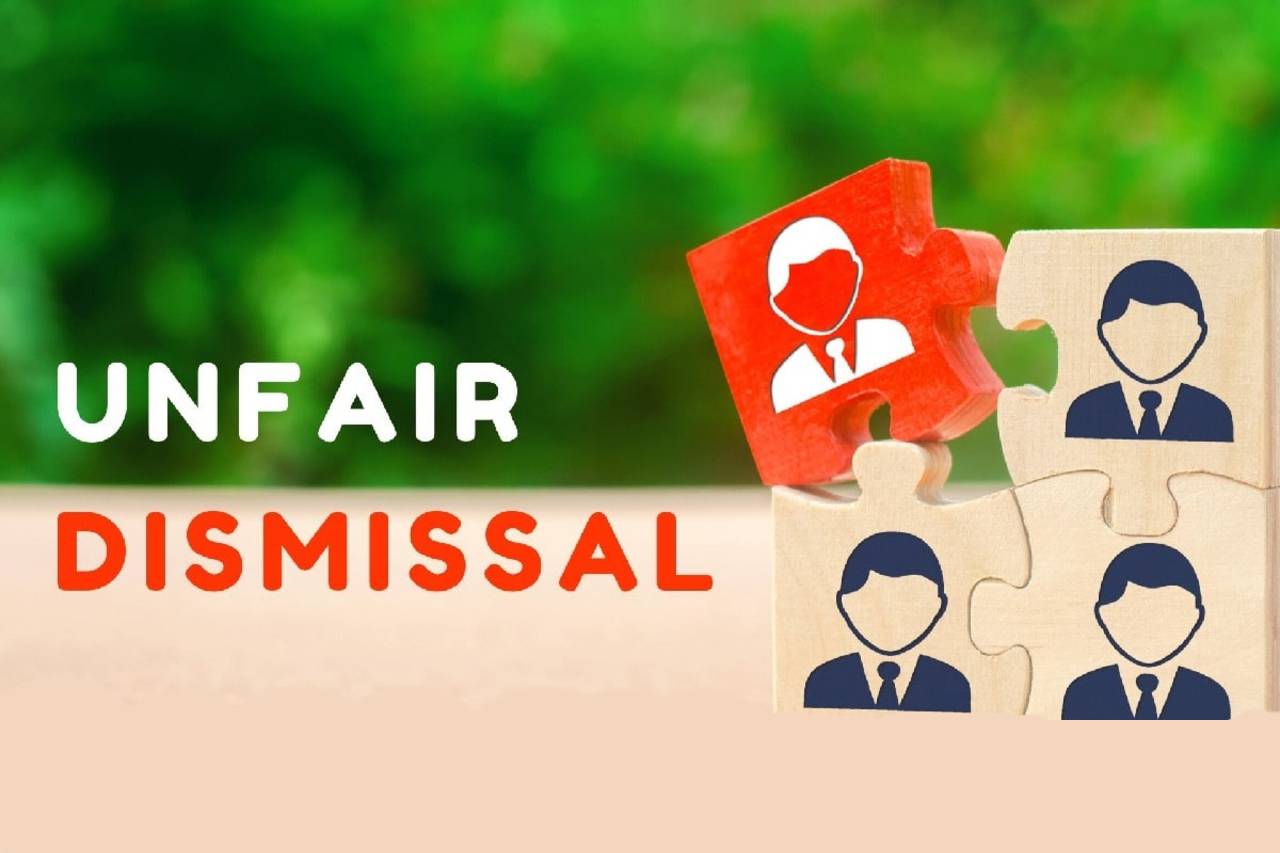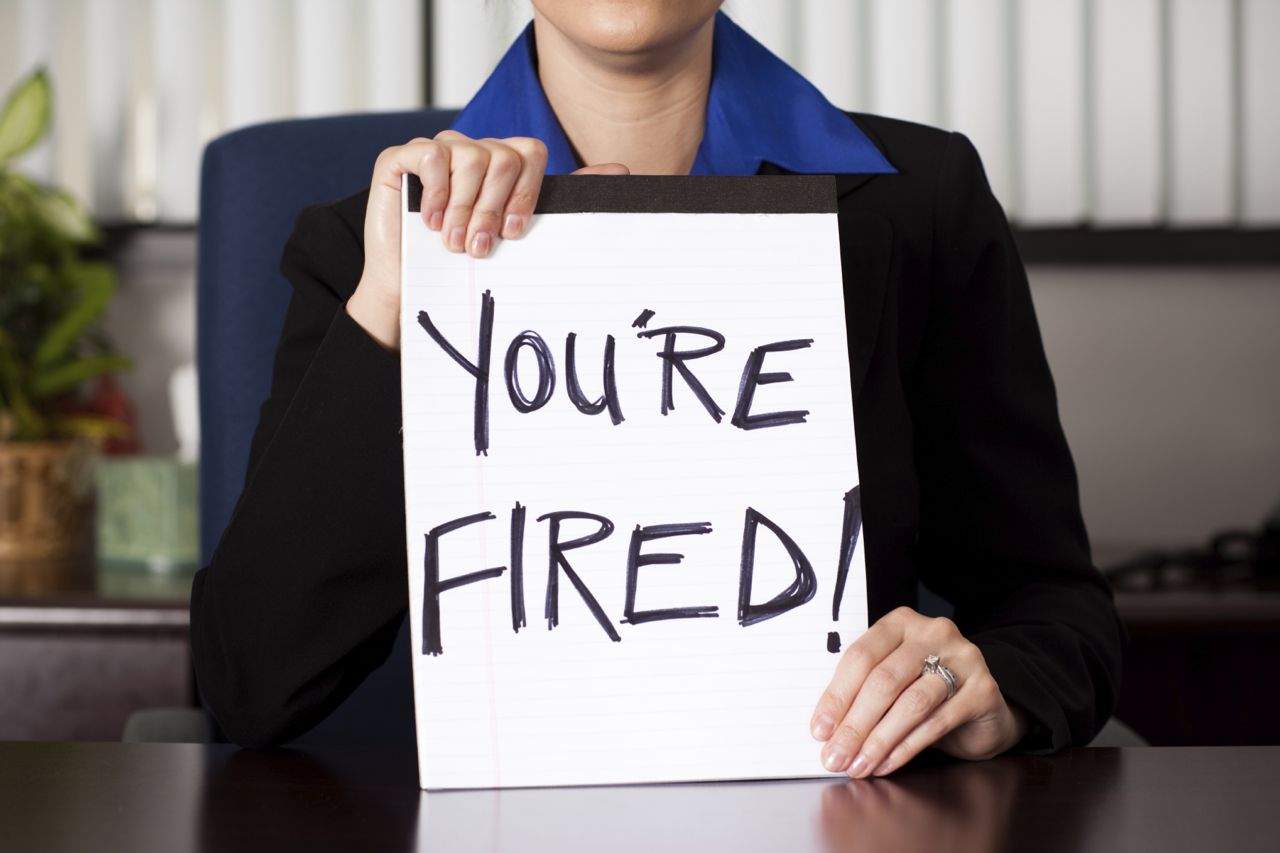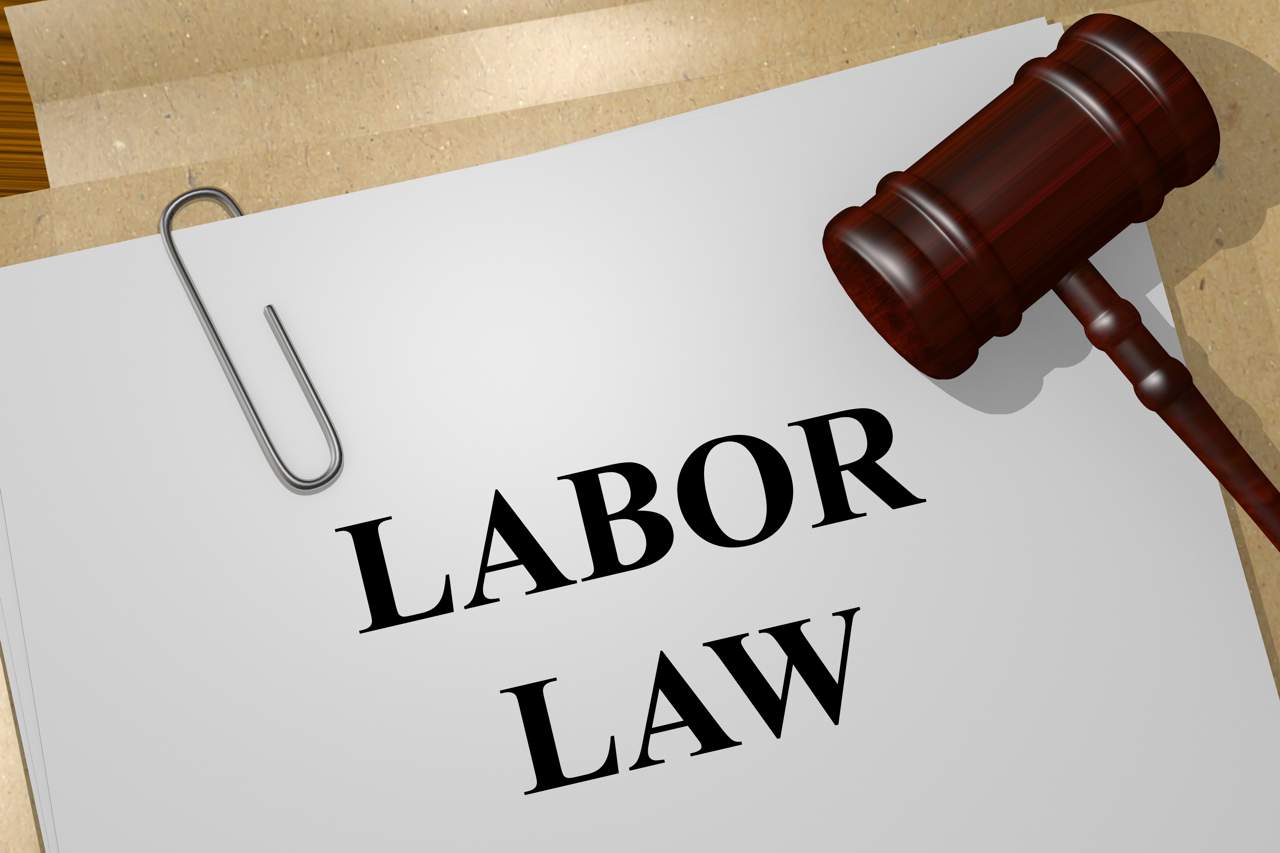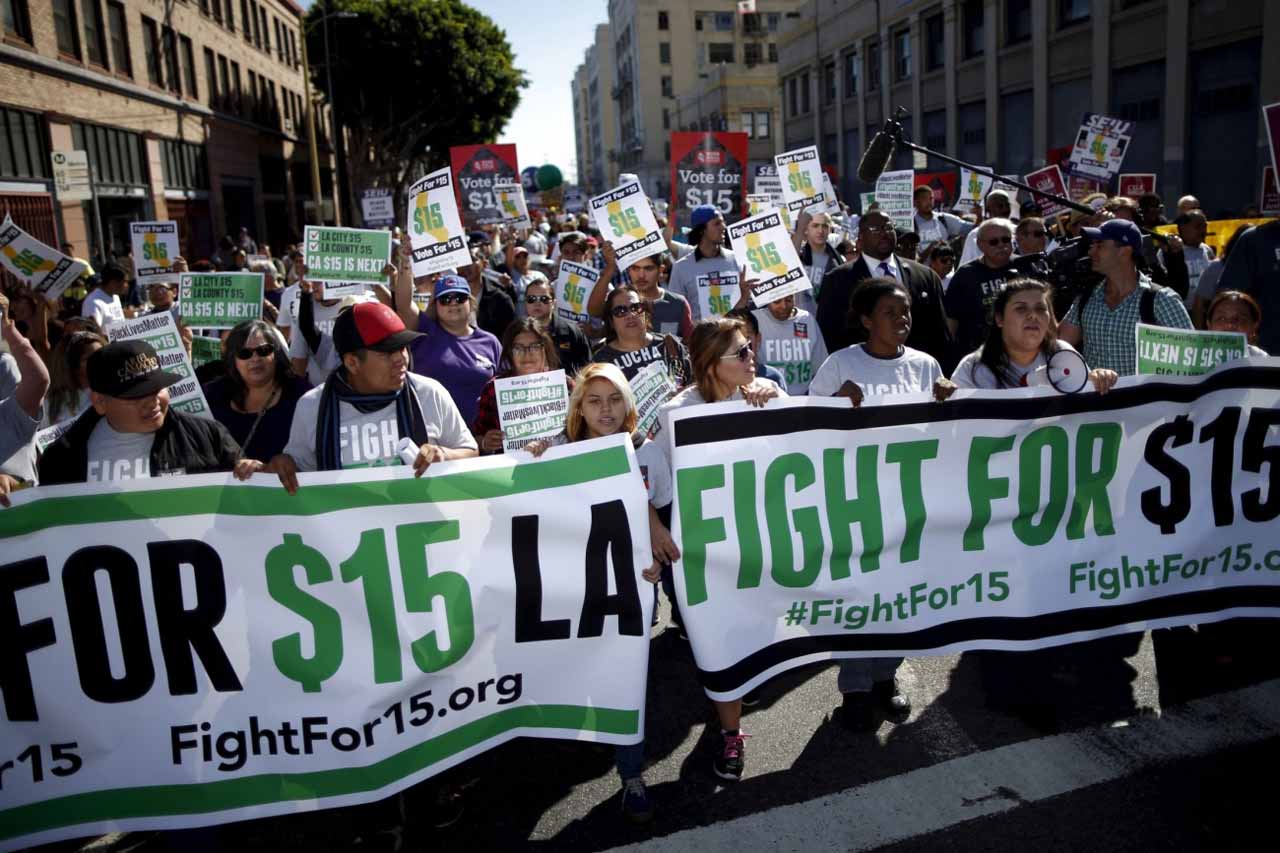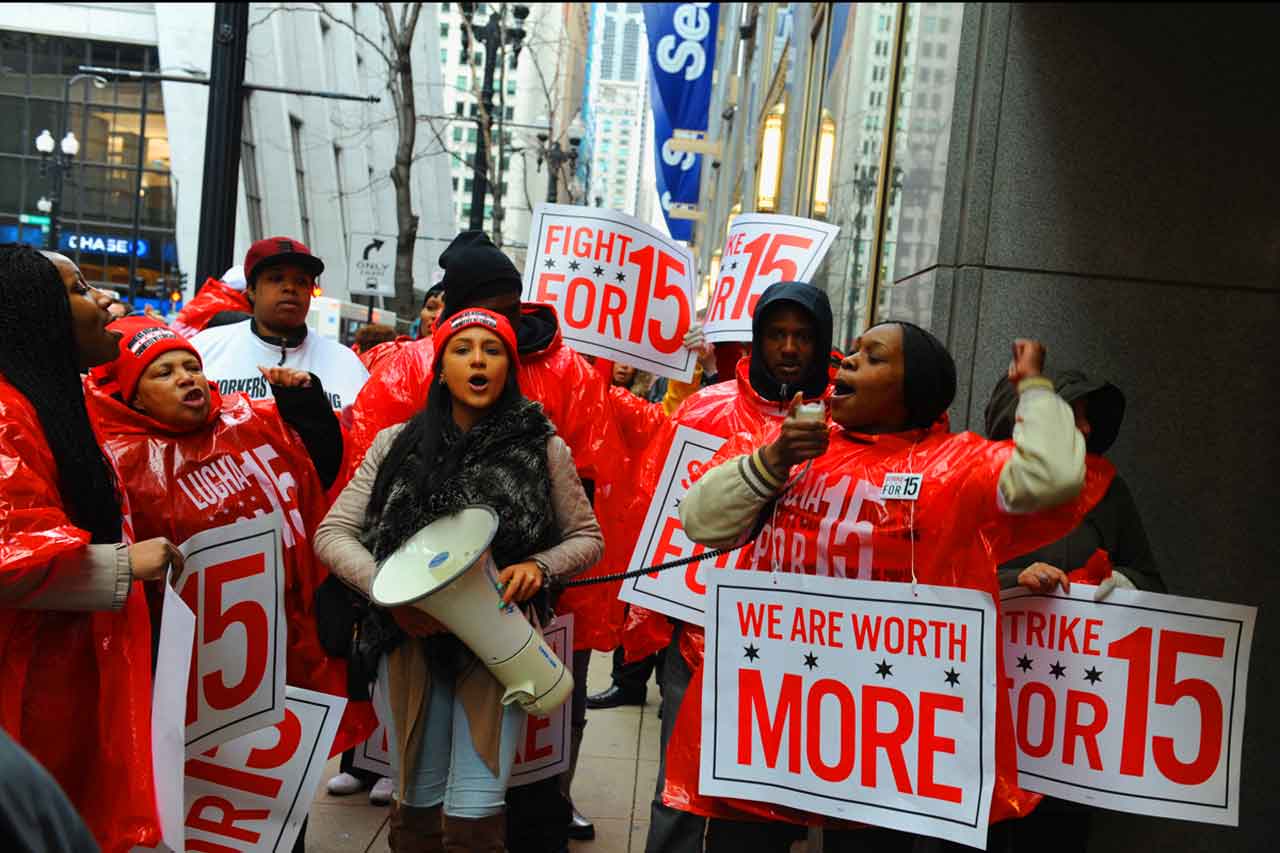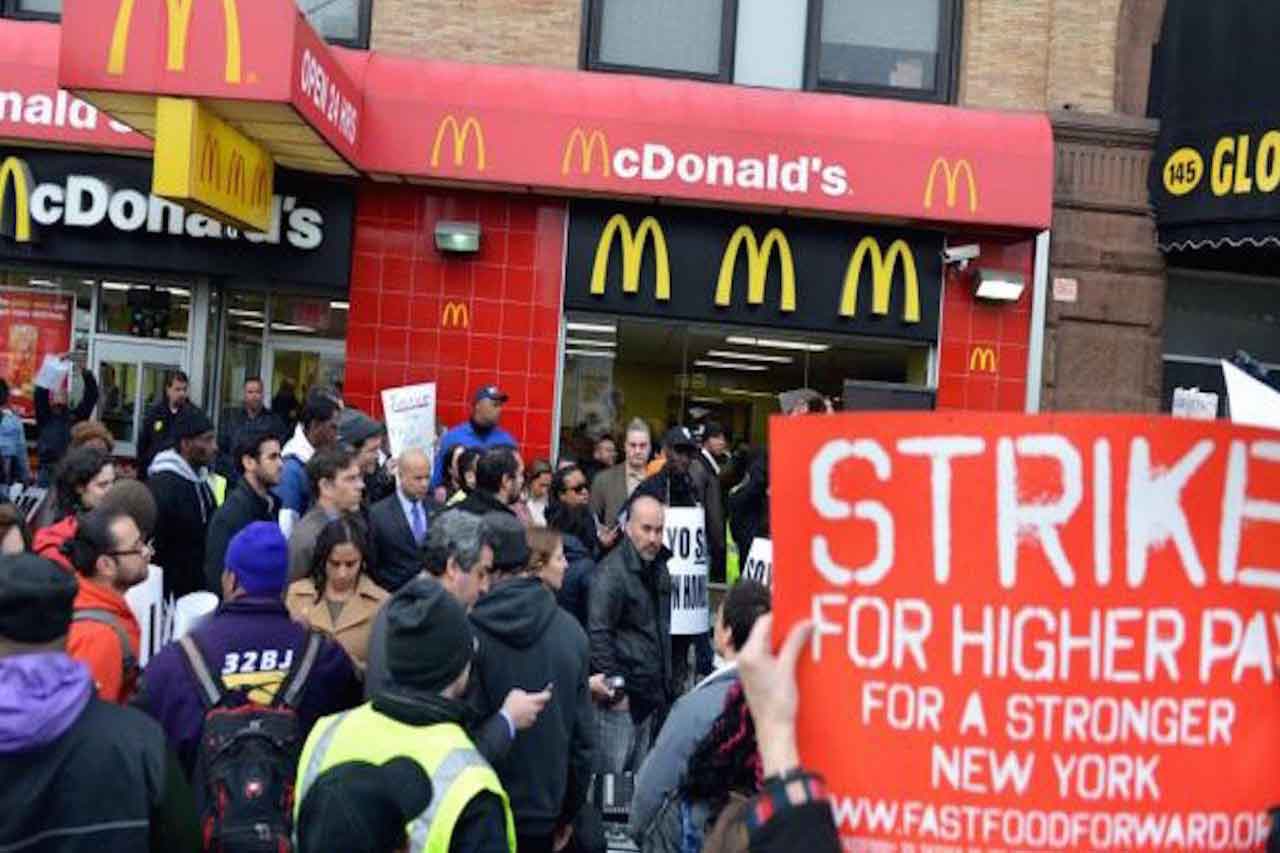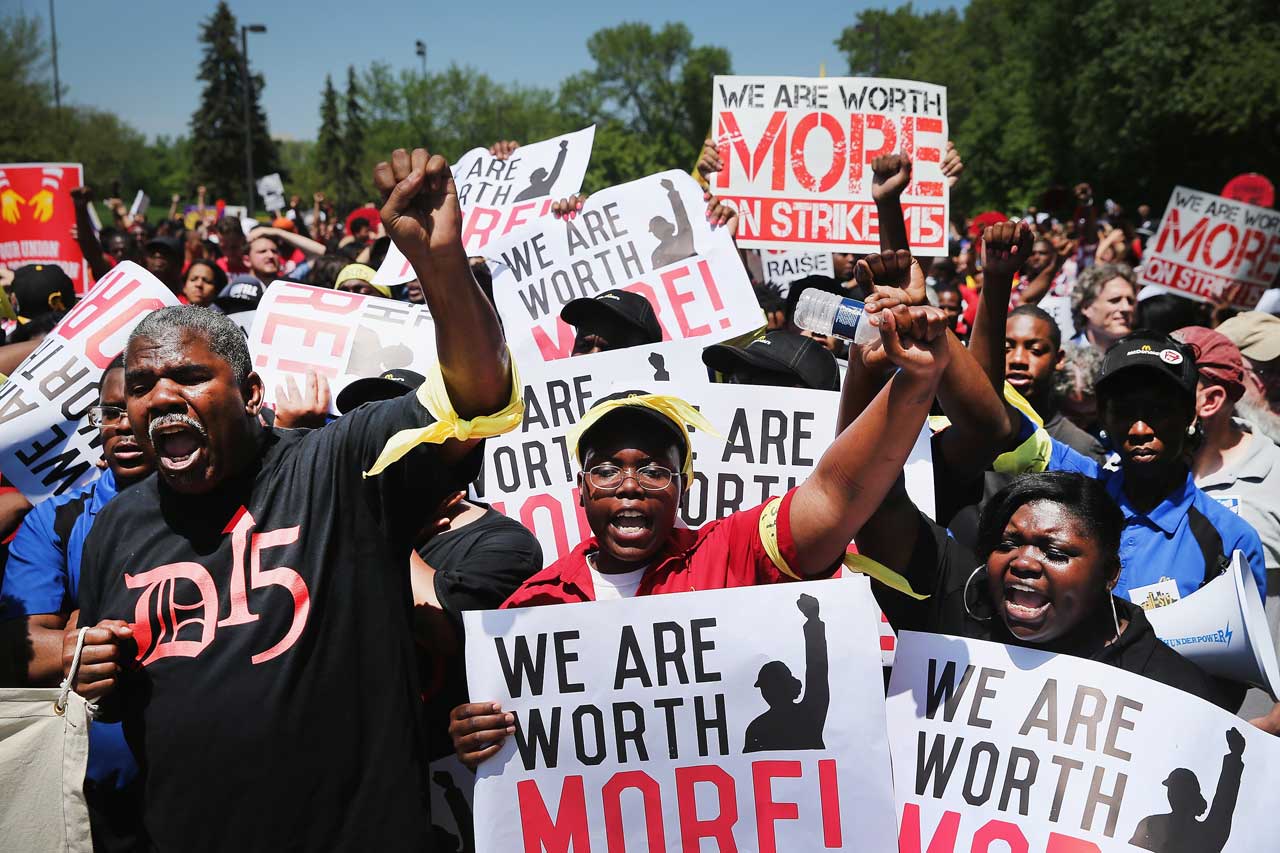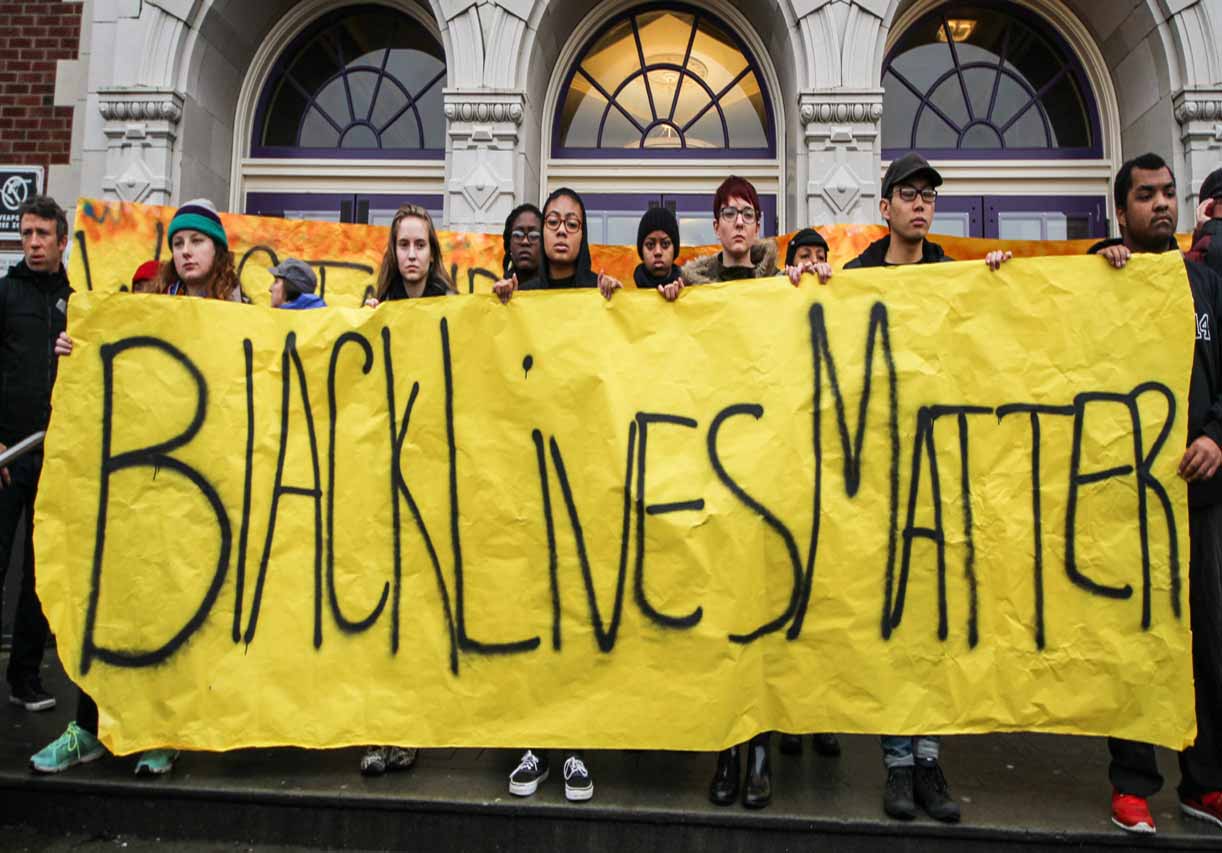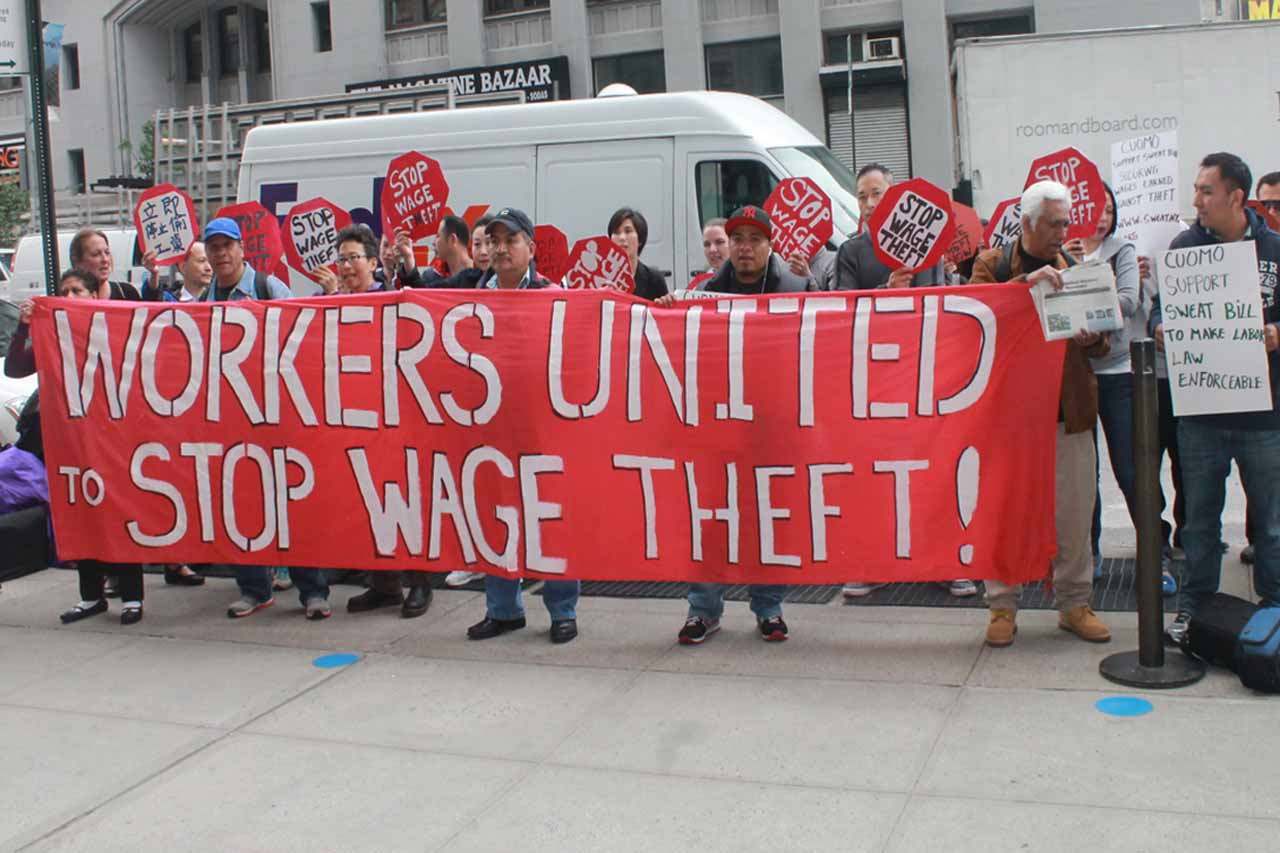How to Protect Your Small Business Against an Unfair Dismissal Claim
Posted onNo small business wants to have its reputation dragged through the mud due to an unfair dismissal claim against it, whether or not it has employment lawyers on hand. However, for example, when you have a business, there will always be employees who don’t do the work you expect of them or who fail to give the value you wanted for your business in some other regard. What can you do?
Rather than risk putting your business at risk of a lawsuit for unfair dismissal, it is wise to protect it in the following ways: –
- Make sure you understand what unfair dismissal is in a legal sense.
- Have employment contracts that are fair and just, with all the fine details needed to protect your business.
- Have carefully detailed procedures and processes in place for your human resources. Many employers seem to focus entirely on other components of their business to the detriment of the human side. Remember, you can’t run your business without staff.
- Prevent and manage problems by open communications at all times. Not all employees understand fully what is expected of them. You should have fully detailed role descriptions and make sure your employees read them.
- Encourage an open-door policy to get feedback from your staff and make sure they know there will be no retribution from anyone if they bring their complaints to you.
- Always be fair, honest and upfront with your staff.



